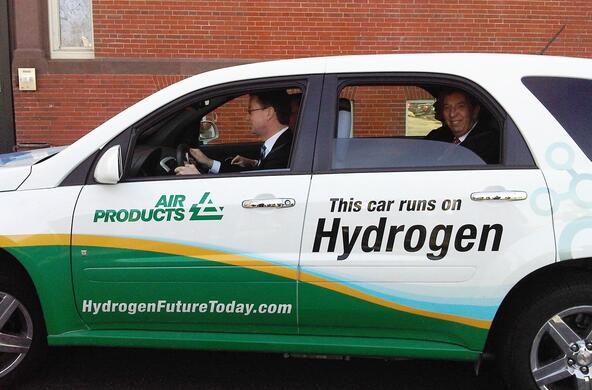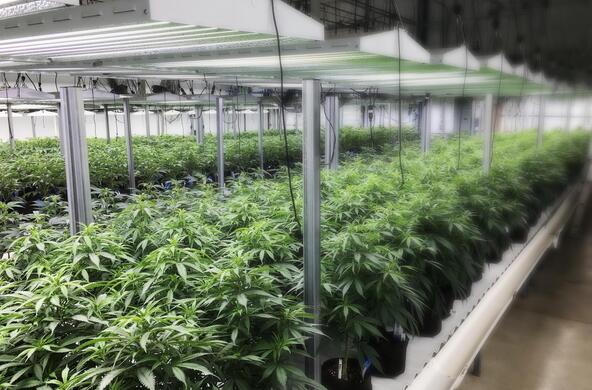Congress continues to struggle with our huge and expanding budget deficit. Do we raise taxes or cut spending? Soon, I believe both will be necessary to make a meaningful change in the nation's financial health.
Our current system taxes productivity — the more you work and the more you earn, the more you pay. There is a better way.
Our economic system exists in an unhealthy marriage with fossil fuels — coal, oil, and natural gas. Domestic oil supplies are dwindling, requiring us to buy oil in the international market. In 2010, Americans spent a staggering $337 billion dollars foreign oil imports.
While Canada and Mexico are among our top suppliers, we also conduct business with politically volatile countries, such as Saudi Arabia and Iraq. And we are the main oil importer from Nigeria, a country that has been so mired by spills and poor environmental oversight that the Niger Delta is among the most oil-polluted places on the planet.
On the home front, our fossil fuel dependence has an ugly side. Burning coal leaves us with decimated mountain ranges and polluted air. Burning natural gas will require extensive hydraulic fracturing of shale deposits, with unknown consequences on our water supply.
Taxing emissions can be a solution
Solutions are within reach, we just need the political wherewithal to embrace them. We could burn a whole lot less of all of these fuels if we were simply to do so at greater efficiency. And ultimately, this would benefit the global environment.
Right now there are cars on the market that get more than 60 miles to the gallon; these vehicles need to become the norm. By encouraging a national program to use high-efficiency light-bulbs, we can make a real dent in our demand for electricity. Compact fluorescent light bulbs use 75 percent less energy than their incandescent counterparts. They should be in every home.
We could replace coal, oil and natural gas with renewable energy if the price to emit carbon dioxide to the atmosphere made renewable alternatives competitive in the marketplace.
So, I propose that we tax carbon dioxide emissions, rather than income. A tax on carbon emissions sends the right price-signal to the economy and to the world. We will not spend billions fighting overseas wars to maintain the flow of oil. Our automobiles will reflect the conservative ideal of doing more with less, and we will retain the independence to choose what type of car to buy.
Changes in our energy system will produce home-grown jobs in the United States as we repower our nation with renewable energy. As we see the solar-power industry flourish in China and wind power in Europe, it is obvious that other nations are getting a jump on us. A carbon dioxide tax will quickly bring young engineers to their drafting tables, to design a better way to power society.
Yes, Congress should seriously consider an emissions tax as it considers the limited options to bring order to the financial crisis that faces us. Income tax is painful; the ancillary benefits of a carbon tax are enormous.





